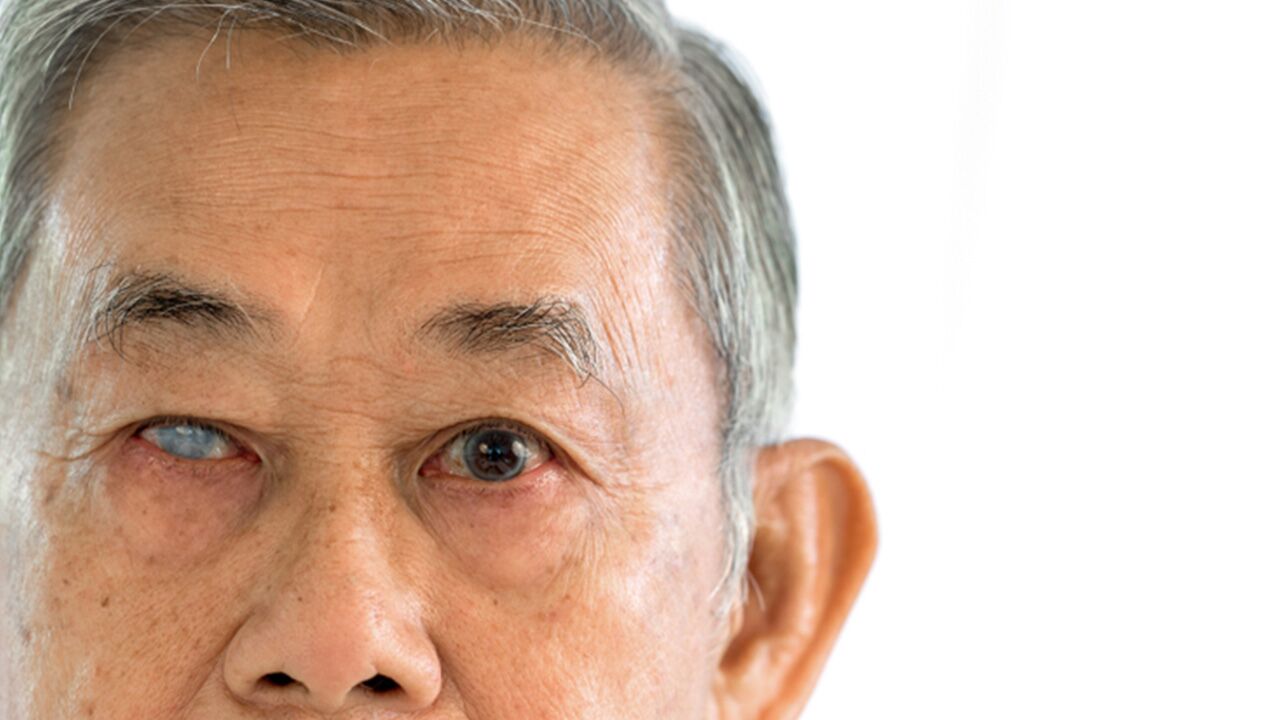Take the Burn Out of Burning Mouth Syndrome
 By: by Amino Science
By: by Amino Science

Are you experiencing a burning sensation in your mouth? Think you may have burning mouth syndrome? Let’s dig deeper into this uncommon condition and answer your questions about the causes, symptoms, and remedies for burning mouth syndrome.
What Is Burning Mouth Syndrome?
Burning mouth syndrome, or BMS, is considered a chronic condition in which symptoms felt in the mouth come and go. The most common symptom is a burning sensation in the mouth.
The American Academy of Oral Medicine reports that burning mouth syndrome affects less than 2% of the population. Women are at a higher risk of developing burning mouth syndrome. The AAOM states that women are up to 7 times more likely than men to be diagnosed with the condition. The increased risk applies specifically to postmenopausal women and women over age 50.
Burning Mouth Syndrome Causes
There are multiple causes of burning mouth syndrome, and causes may be considered primary or secondary.
Primary Burning Mouth Syndrome
Burning mouth syndrome is considered primary when symptoms cannot be attributed to any underlying health problems. This means that no health issues can be identified via physical exam or laboratory testing. Malfunctioning taste and sensory nerves of the peripheral or central nervous system are emerging as possible causes of primary burning mouth syndrome according to some studies.
Secondary Burning Mouth Syndrome
Secondary BMS is attributed to an established health issue, oral conditions or otherwise. Underlying causes of burning mouth syndrome may include:
- Dry mouth (due to Sjogren's syndrome, certain medications, or radiation therapy)
- Infections of the mouth
- Oral lichen planus (an inflammatory condition of the mouth)
- Geographic tongue (a condition marked by smooth, red patches on the tongue)
- Dentures (which can cause allergic reactions)
- Gastroesophageal Reflux Disease (GERD)
- Acid reflux
- Medications including high blood pressure medications
- Grinding the teeth
- Tongue thrusting
- Acidic drinks
- Diabetes
- Thyroid disorders
- Anxiety
- Depression
- Emotional stress
- Nutritional deficiencies
- Iron
- Zinc
- Folate (vitamin B-9)
- Thiamin (vitamin B-1)
- Riboflavin (vitamin B-2)
- Pyridoxine (vitamin B-6)
- Cobalamin (vitamin B-12)
Diagnosing Burning Mouth Syndrome
Burning mouth syndrome may be diagnosed and treated by a primary care physician or a dentist. He or she may run a series of tests, such as blood work, an oral exam, and allergy tests. There is no diagnostic test for burning mouth syndrome. The common approach to diagnosis is to first rule out other conditions that may be responsible for the symptoms. A diagnosis of burning mouth syndrome is usually made once all other possibilities have been eliminated.
Common tests used to check for health conditions that may be causing BMS symptoms include:
- Complete blood cell count (CBC): this test checks various cell counts, including white blood cells and red blood cells, and can be used to rule out conditions such as anemia, infections, and a vitamin deficiency.
- Additional blood tests: a blood sugar level test may be given to rule out diabetes as well as a blood test to check specific vitamin levels.
- Allergy tests: allergy tests can help rule out allergies to food or other substances, such as substances which may be found in dentures.
- Oral tissue sample: an oral swab may be performed to check for infections including oral thrush, a fungal infection.
Burning Mouth Syndrome Symptoms
According to the Mayo Clinic, the symptoms of burning mouth syndrome may be consistent or sporadic. Patients may feel symptoms every day or symptoms may come and go. Additionally, symptoms may worsen or fluctuate throughout the day.
Common symptoms of burning mouth syndrome include:
- A burning sensation that may affect the tongue, lips, gums, palate, throat, or entire mouth
- Dry mouth and extreme thirst
- Changes in taste including a bitter or metallic taste
- Loss of taste
- A crawling sensation in the mouth
Although symptoms can manifest sporadically, a 2015 study published in The Journal of Indian Prosthodontic Society indicated that symptoms may never disappear entirely. Those who suffer from burning mouth syndrome should work closely with their physician or dentist to develop a treatment plan that will improve their quality of life when symptoms occur.
Burning Mouth Syndrome Remedies
If a patient’s burning mouth syndrome is secondary, meaning it is the result of an underlying health issue, then the patient may find relief by treating the leading health issue. Patients who have been diagnosed with secondary burning mouth syndrome should work with their physician or dentist to treat any underlying conditions and see if the burning mouth syndrome symptoms improve.
If a patient has been diagnosed with primary burning mouth syndrome, then his or her doctor or dentist may try various treatments to relieve the symptoms. These may include:
- Oral rinses
- Pain relievers
- Antidepressants
Burning Mouth Syndrome Home Remedies
In addition to prescribed treatments, patients may consider trying home remedies or altering their lifestyle choices to alleviate their chronic pain and other symptoms. The National Institute of Dental and Craniofacial Research suggests the following home remedies for burning mouth syndrome:
- Slowly drink or sip a cold beverage
- Suck on ice chips
- Chew gum
- Support your overall health with essential amino acid supplements
- Avoid the following:
- Tobacco products
- Minty mouth rinses
- Hot and spicy foods
- Alcoholic beverages and alcohol containing mouthwashes
- Acidic foods and beverages


Up to 25% off Amino
Shop NowTAGS: conditions
Join the Community
Comments (0)
Most Craveable Recipes




 833-264-6620
833-264-6620



















